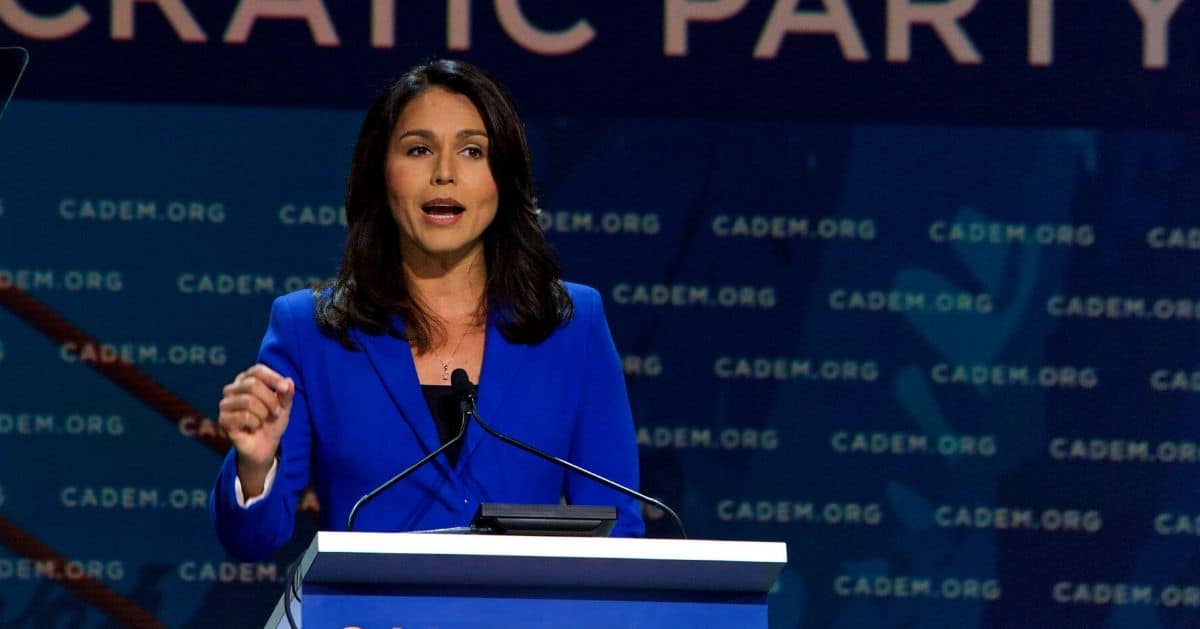






A federal appeals court in the United States has delivered a decisive ruling that places the spotlight on TikTok, compelling its Chinese parent company, ByteDance, to sell its U.S. operations by January 19, 2025, or face an outright ban.
Reuters reported that this decision by the court underscores its alignment with national security concerns, which the U.S. Justice Department as well as other officials, have consistently raised regarding the ownership of TikTok by a China-based company.
The recent ruling follows a series of debates and legal wrangling over the potential threats posed by foreign-owned technology platforms that collect American user data.
The decision marks a victory for the Justice Department and American policymakers who have been vocal about the national security risks associated with the app’s ownership.
Attorney General Merrick Garland emphasized the gravity of this ruling, noting its importance in preventing the Chinese government from potentially exploiting TikTok.
TikTok's parent company, ByteDance, now finds itself at a critical juncture. The company has resolved to appeal the ruling to the U.S. Supreme Court, aiming to overturn the decision before the looming deadline. This development is set against a backdrop of wider tensions between the U.S. and China that cover various aspects of trade and technology.
Judges Sri Srinivasan, Neomi Rao, and Douglas Ginsburg were pivotal in reaching this decision, which emphasizes the bipartisan support the law received in the U.S. TikTok's legal arguments were rejected by the panel, highlighting the consensus among U.S. officials regarding the urgent need to address alleged security gaps.
The court decision further enables U.S. authorities to scrutinize and potentially ban other foreign-owned apps that may similarly pose risks of data misuse while operating in American markets. The outcome of this case sets a precedent that could affect other tech companies with similar ownership structures.
TikTok's CEO Shou Zi Chew expressed disappointment over the ruling. He reaffirmed the company's commitment to defending the platform's role in supporting expression and communication globally. The Chinese Embassy in Washington has criticized the law, describing it as a blatant commercial imposition.
China's stance in response to the U.S. government's actions is assertive. It called for a mutually diplomatic handling of the case to preserve bilateral relations. The ruling adds another layer to the tech and trade discord between the two nations, following measures including U.S. restrictions on China’s tech industry and China’s limitations on specific exports.
In the U.S., concerns have been aired by various groups about the implications of a potential TikTok ban. The American Civil Liberties Union (ACLU) warned that such action presents a threat to the First Amendment rights of American users who rely on the app for personal expression and global communication.
Aside from geopolitical and legal ramifications, the court's judgment may also reshape the competitive landscape of social media. If TikTok faces a ban, advertisers are expected to redirect their budgets toward alternative platforms, benefiting competitors like Facebook’s Meta Platforms and Google’s Alphabet.
With the deadline looming, TikTok is navigating complex legal battles while its consumer base of over 170 million Americans continues to use the platform. Judge Srinivasan pointed to the platform’s role in enabling diverse dialogues and interactions as part of the modern digital ecosystem.
As TikTok prepares to present its case to the Supreme Court, it remains to be seen whether a reversal will be possible or if discussions will prompt President Biden to consider a time extension for the divestment.
The approaching deadline introduces urgency to TikTok’s legal and strategic decisions. January 19, 2025, stands as a pivotal point unless altered by further legal rulings or administrative actions, such as a potential 90-day extension from the administration.
This judicial outcome is part of a larger narrative involving tech sovereignty and consumer data rights, intricately tying into widespread discussions on digital freedom and privacy. As the year progresses, the dynamics surrounding TikTok will likely remain a focal point in U.S.-China relations and in global digital policy frameworks.



